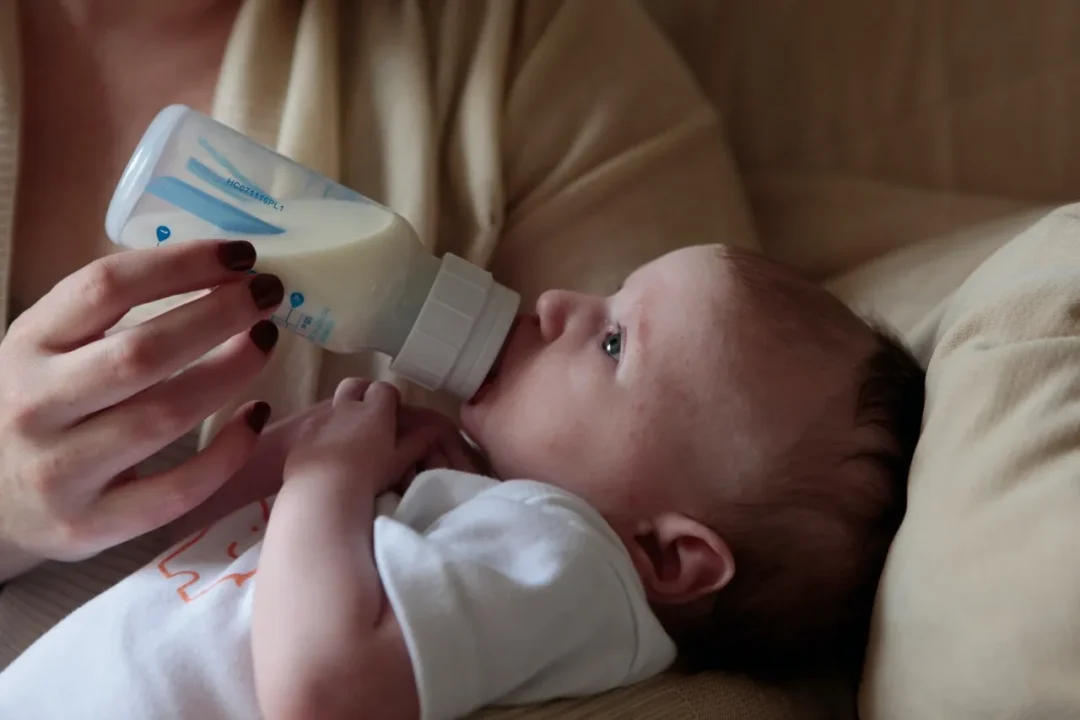Many parents who switch to organic formula worry about the health of their child. Your infant shouldn’t typically have any problems if you’re moving to a similar kind of formula. Your infant is going to be alright if you move from a normal formula made with cow milk to an organic baby formula from Europe. However, it’s important to check with the pediatrician before changing to another formula if it’s a specialized one like that made with a hydrolyzed protein.
Will a New Formula Upset the Baby’s Stomach?
Vomiting and diarrhoea are two symptoms of a true sensitivity or reaction. Because it’s extremely rare for a child to truly have a milk allergy, parents of infants who have frequent diarrhoea or excessive gas are frequently switching their babies over to soy-based formulas immediately. However, soy is a source of chemical compounds which can be damaging to babies if they are exposed to high amounts of it on a regular basis. Sometimes, extra elements or foods are the reason for excessive gas or changes in bowel movements.
When switching formulas, the infant could not like the new formula’s taste, smell, or texture. In this case, we should attempt introducing an alternate formula gently if the infant appears unwilling about swallowing it. While they are taking the new formula at every meal, parents should replace one feeding each day. As we know, there are various reasons why formulas change. Babies regularly switch between formulas without any problems, even if that is required immediately due to unexpected occurrences.

Switching from Non-Organic to Organic Baby Formula from Europe
European organic infant formula prohibits the use of certain prevalent antibiotics, growth hormones, and pesticides. As long as the primary components in the two products are identical, the majority of infants may switch if their parents prefer it. We frequently can switch the child over immediately to another cow milk-based formula if they are currently on an organic baby formula made with cow milk from Europe. Parents ought to switch to a new formula which includes the same protein if the baby currently consumes a special partially hydrolyzed or hypoallergenic organic baby formula from Europe. For babies with allergies, certain formulas function better than others. If there is still some of the preceding brand after the switch, we can start mixing three parts of the old formula and one part of the new formula.
Conclusion
The baby should have entirely adapted to the new formula within approximately one week. Some infants adapt to changes quickly, while others’ stomachs need time for adaptation. Babies occasionally sense a difference in taste when switching formulas; older babies are more likely to observe it. They commonly adapt to new foods fast, but if they find it difficult, wait until they become extremely hungry because that may make them less resistant to a change. According to how the infant is doing and how quickly the parents feel comfortable making the switch, one to two weeks is a good transition phase. Before choosing a baby formula, you should always consult with your pediatrician.




